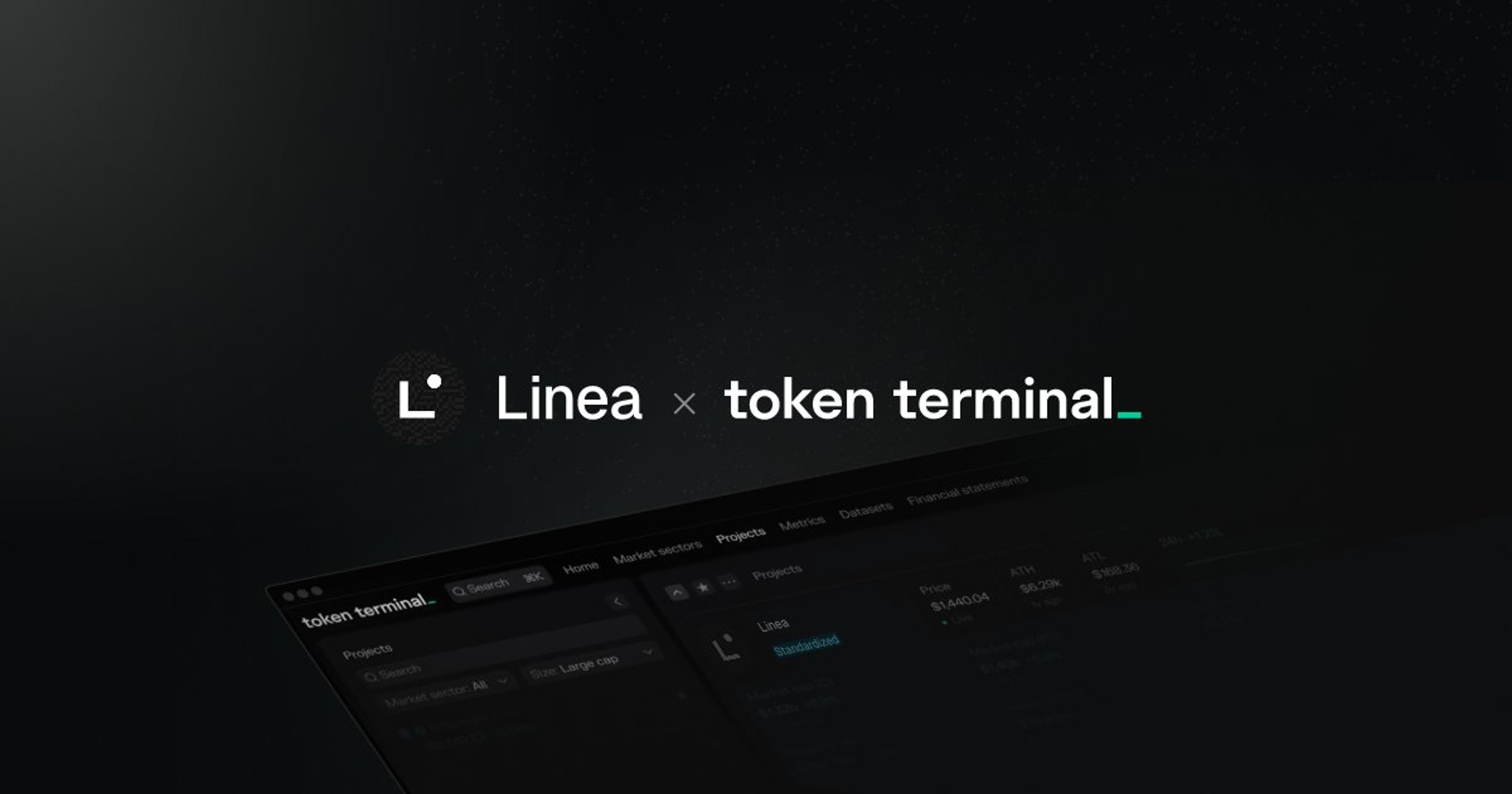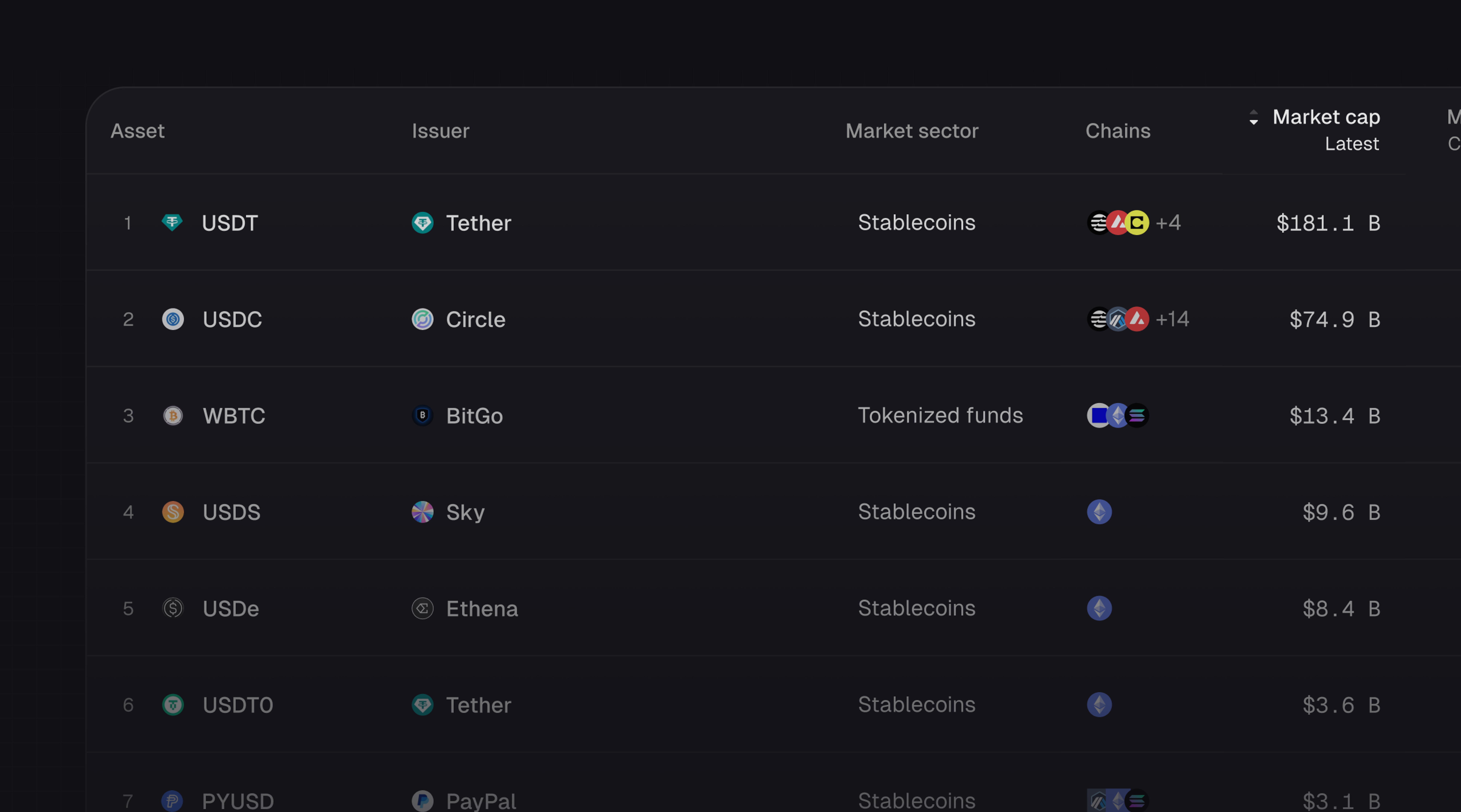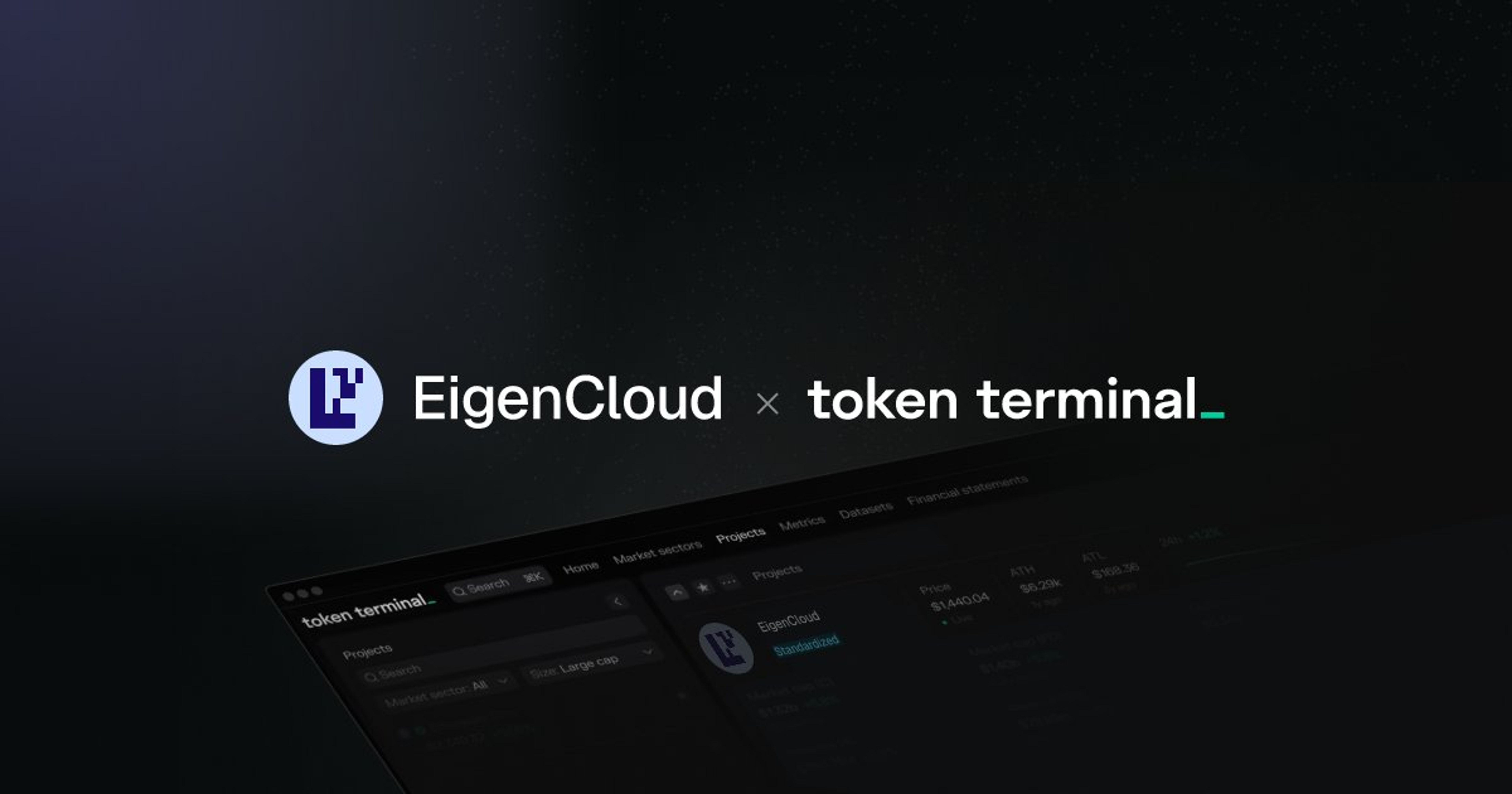Interview
In this blog series, we interview founders from the crypto space to learn more about them and the products they’re building. For our most…

In this blog series, we interview founders from the crypto space to learn more about them and the products they’re building. For our most recent interview, we sat down with Mona El Isa, the co-founder of Melon and Multichain Asset Managers Association (MAMA). Melon is a protocol for on-chain asset management.
In this interview, we go through topics ranging from the team’s current product focus to future plans.
What is Melon?
Melon is an Ethereum based protocol that brings together a complete, functional on-chain asset management infrastructure. It enables anyone to set up an investment vehicle to manage their own wealth and the wealth of others in a safe and customizable environment.
Melon was built to empower the long tail of fund managers and investors. It is specifically designed and targeted towards new and aspiring managers who haven’t yet made their mark. For example, one of our users, JoeTheButcher trades obsessively in his free time and is pretty damn good at it! We’re thrilled he’s using Melon. In the traditional asset management industry he almost certainly wouldn’t have had the opportunity to prove himself or scale up because of all the preconceptions and high barriers to entry in the industry. These are the types of people that Melon is built to empower.
Who is the team behind Melon?
Uniquely, there is no single team building on Melon today. Melonport AG was the first company in the history of DeFi to fully decentralize its governance and hand over the protocol to a DAO in February 2019.
The original team behind the Melon protocol was Melonport AG. This company was founded in the summer of 2016 by Mona El Isa and Reto Trinkler. Melonport built and delivered Melon v1.0 to main-net on time and on budget, but also went one step further by winding down their entire operations after the delivery of v1.0. Following that, teams such as Ash Finance, Gorilla funds, Avantgarde Finance and Unslashed Finance have emerged and been building on Melon.
What made you launch MAMA alongside building Melon? What is the association’s mission?
As early as 2016, we saw that regulation was potentially going to become a problem for DeFi to really scale. Personally, my biggest fear was that large banks and financial intermediaries would dominate the regulatory narrative for blockchain, leaving DeFi at their peril. DeFi threatens pretty much every large traditional financial company in the value chain.
Furthermore, it offers better returns, lower risk, higher efficiency, greater transparency, self custody and faster settlement times. Big banks and financial intermediaries have benefited from these inefficiencies for decades and been able to justify high fees as a result of these.
In other words, it is not in their interest to see protocols automated in finance. MAMA’s mission is simple. Provide a voice to decentralised financial technologies in the asset management space to speak to the merits of blockchain technology in asset management.
What advice would you give to founders who think about building a protocol? What have you learnt from building financial infrastructure out in the open?
Stay nimble and flexible. Things are changing very fast in the space and you have to be able to adapt to those changes and be able to move fast.
Also, build your protocol in a way that is best for all your stakeholders — not just for your token holders . Often the stakeholder group that is most vulnerable and under-represented in DeFi ecosystems are the users. Yield farming has attempted to address this in interesting ways but hasn’t fully thought out the implications. Governance should not be designed by technologists without seeking advice from governance experts.
What’s the team’s focus in terms of future updates?
Our short term focus is three-fold:
(1) Increasing the available asset universe to include interest bearing tokens and other popular ERC20’s. The available asset universe as of today is WETH, MLN, MKR, WBTC, KNC, REP, ZRX, BAT, DAI, USDC, ANT, SAI, LINK, REN, MANA and RLC);
(2) Increasing liquidity for the asset pairs available by working to integrate a smart order-routing system into Melon; and
(3) Shifting interface and user experience from a developer focus to a more user centric focus.
Melon makes asset management accessible to anyone with an Internet connection. What are the most exciting 2nd and 3rd order consequences of this?
1st order effect: Empowering the long-tail of talent in the asset management industry. Melon can do for investors what YouTube did for vloggers.
2nd order effect: A completely new type of asset management style.
3rd order effect: Lower costs, more transparency, better performance. Lower barriers to entry means access to a wider range of talent. Lower costs lead to lower fees and thus a higher net performance.
What is your user acquisition strategy currently and how do you see it evolving in the future?
Network effects diminish the need for a formal user acquisition strategy. Melon’s token is designed such that token holders can assist with user acquisition. It is in their interest to do so because the value of the token is directly linked to the number of users on the network. Furthermore, we have found that Melon usage has spread mainly by word of mouth. Users who are happy with the experience have recommended it to their network. This is the best kind of growth.
What metrics is Melon most interested in tracking and why?
We currently track number of active funds, number of investors, number of investments, number of “Active users” and AUM growth. All of these can be tracked by anyone in the Melon subgraph. These metrics directly impact the success of the network. Longer term, we are also interested in tracking other metrics such as trading volumes, conversion rates and more.
What’s the latest on the token economics for $MLN?
Very topical question! Melonomics has always been a buy and burn model which directly links usage of the network to the value of the token. One thing that has been observed by us (and others) is that the way it is currently charged does not help accrue value easily to the network. The fee is currently charged on fund set-up, investment and when managers claim their fees.
Interestingly, Tom Shaughnessy (Delphi Digital), Ceteris Paribus (independent crypto analyst) and Chris Manessis (Moonchain Capital) recently made a Melon Improvement Proposal (MIP # 7) to address this issue and work towards a model that charges fees based on Assets Under Management.
How will the world be different once Melon and crypto have won?
If you enjoy Sci-Fi, I tried my luck with “A day in the life of an Asset Manager in the summer of 2030…”. Check it out!
You can find more information about Melon on the project’s website, Twitter, Medium, Telegram and Github accounts.
The authors of this content, or members, affiliates, or stakeholders of Token Terminal may be participating or are invested in protocols or tokens mentioned herein. The foregoing statement acts as a disclosure of potential conflicts of interest and is not a recommendation to purchase or invest in any token or participate in any protocol. Token Terminal does not recommend any particular course of action in relation to any token or protocol. The content herein is meant purely for educational and informational purposes only, and should not be relied upon as financial, investment, legal, tax or any other professional or other advice. None of the content and information herein is presented to induce or to attempt to induce any reader or other person to buy, sell or hold any token or participate in any protocol or enter into, or offer to enter into, any agreement for or with a view to buying or selling any token or participating in any protocol. Statements made herein (including statements of opinion, if any) are wholly generic and not tailored to take into account the personal needs and unique circumstances of any reader or any other person. Readers are strongly urged to exercise caution and have regard to their own personal needs and circumstances before making any decision to buy or sell any token or participate in any protocol. Observations and views expressed herein may be changed by Token Terminal at any time without notice. Token Terminal accepts no liability whatsoever for any losses or liabilities arising from the use of or reliance on any of this content.
Stay in the loop
Join our mailing list to get the latest insights!
Continue reading

Customer stories: Token Terminal’s Data Partnership with Linea
Through its partnership with Token Terminal, Linea turns transparency into a competitive advantage and continues to build trust with its growing community.

Introducing Tokenized Assets
Token Terminal is expanding its standardized onchain analytics to cover the rapidly growing category of tokenized real-world assets (RWAs) – starting with stablecoins, tokenized funds, and tokenized stocks.

Customer stories: Token Terminal’s Data Partnership with EigenCloud
Through its partnership with Token Terminal, EigenCloud turns transparency into a competitive advantage and continues to build trust with its growing community.